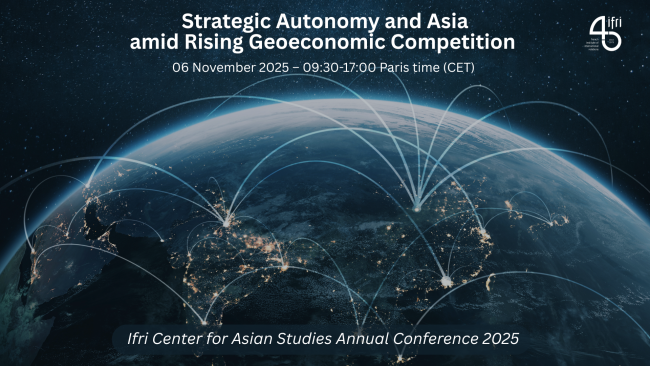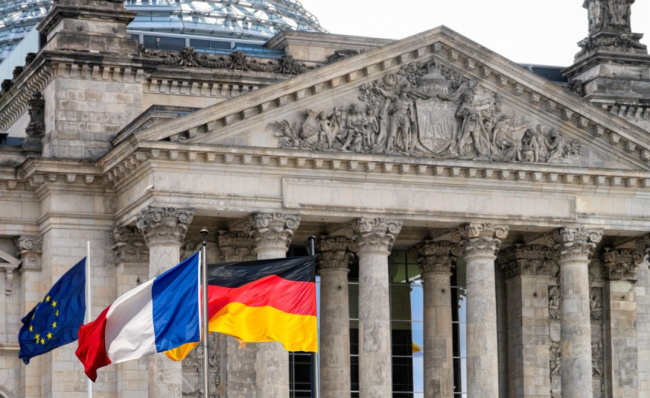Governing the urban fringes: the impacts of Africa’s urban growth on peri-urban areas

Practical information
Accessibility
Themes and regions
Related centers and programs

The rapid expansion of Africa’s cities is considered as one of the continent’s main socio-economic challenges.
Unlike in Europe, North America and East Asia, the spatial trend of urban expansion in sub-Saharan Africa is horizontal. Rather than growing upward through taller buildings, Africa’s cities expand into their peri-urban rural outskirts. Thus, peri-urban areas are undergoing considerable spatial, socio-economic and administrative change: farmland is absorbed by buildings and commercial activities, land prices are spiking and new class dynamics can be observed.
The outward expansion of Africa’s cities happens randomly without large-scale urban planning, which makes the governance of peri-urban areas difficult.
The aim of this conference, which is part of the programme “Governing Africa’s Urban Transitions” is to unpack the rapid transformations occurring in peri-urban areas: experts and professionals will zoom into dynamic land markets and land use change, infrastructure development and economic value chains at the crossroads of urban and rural areas.
Speakers :
Divine Asafo, Senior Lecturer in Human Geography, University of Hull, England
Alix Beranger, Consulting & Operations, Egis
Bérénice Bon, Research Fellow in Geography, Urban Dynamics in the South, IRD, France
Jackson Kago, Senior Lecturer, Department of Spatial Planning and Environment, School of Architecture and Built Environment, Kenyatta University, Kenya
Moderation: Sina Schlimmer, Head of the “Governing Urban Transitions in Africa” program, Ifri, France
The event will be held face-to-face and in hybrid format (via zoom) in French, with English translation.
Replay
Contact
Lise LESIGNE
Former Project Officer, Sub-Saharan Africa Center, Turkey/Middle East Program, Ifri
Related Subjects
Other events

Strategic Autonomy and Asia amid Rising Geoeconomic Competition
Amid growing strategic and geopolitical uncertainty, Europe is grappling with the notion of its strategic autonomy. For Europe’s partners in Asia, the concept is also becoming increasingly salient as the world enters an era of structural transformation.

Navigating the Taiwan Strait Tensions: Perspectives from Japan, the Philippines, and France
As tensions continue to rise in the Taiwan Strait and discussions grow about hybrid frictions potentially escalating into a kinetic conflict in the coming years, neighboring countries are bracing for impact. Japan and the Philippines would be on the front lines if a crisis were to erupt in the Taiwan Strait. Both nations are closely monitoring the situation and preparing for a range of contingency scenarios. Their bilateral relations and security cooperation have deepened rapidly, alongside expanding trilateral defense coordination with their shared ally, the United States.

France-Germany, The Engine Under Pressure
Annual Conference of The Study Committe on Franco-German Relations (Cerfa) ─ Faced with a profoundly disrupted strategic and economic environment, Franco-German cooperation is more than ever the central pillar of Europe's future. The war in Ukraine, energy and technological dependence, and uncertainty about the strength of the transatlantic ties require urgent deepening of European sovereignty, both in terms of defence and economic and industrial competitiveness.









